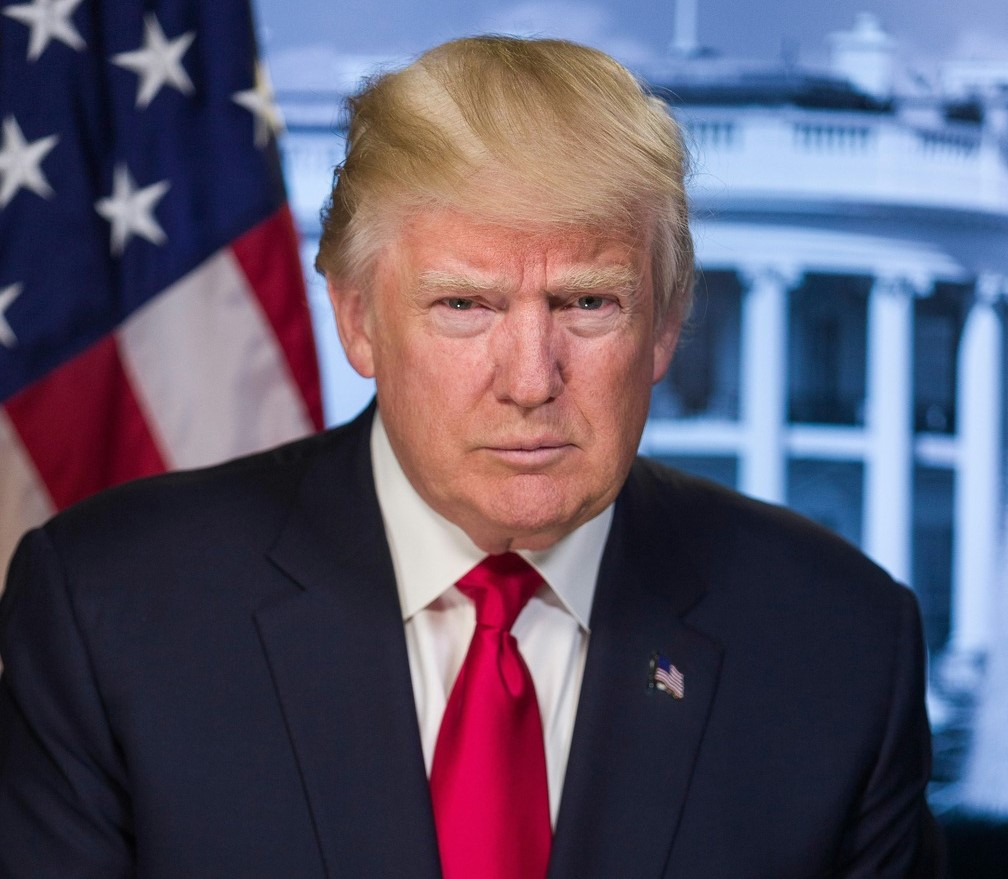By Simone Bandini
“(…) Before power, just and unjust did not exist, because their nature is relative to command, and every action, by its own nature, is indifferent. Whether it is just or unjust, it derives from the right of those in charge. Therefore, lawful kings make the things they command just by commanding them; and unjust the things they prohibit, with the prohibition of them”
Thomas Hobbes, “De Cive” (1642)
It is now clear to every attentive observer of political philosophy – the other commentators here are of little interest to us – how the same capitalism that triumphantly overcame industrial modernity is succumbing to financial and then virtual modernity – which have made it too evanescent and very little palpable. Just as electronics and information technology have replaced mechanics and technology, artificial intelligence will also delegate the matrix of decisive actions elsewhere, taking away responsibilities and elective choices from ‘real’ humanity. In short, man is tired of his own freedom, of the ability to self-determine: a heavy burden that can be dispensed with, busy as he is making money or pursuing those small, rarely great, material pleasures that crowd his days.
It is equally evident that capitalism is decomposing precisely because it has returned to the world, because it has denied those principles that distinguished it from Marxist collectivism, losing its metaphysical roots, based on cultural and moral principles – which precede the merely economic ones (see Max Weber’s ‘The Protestant Ethic and the Spirit of Capitalism’, in particular on the value of election by grace, or of the ‘divine’ ascendancy of economic behaviours).
In this situation of transition, for the first time and seriously, the absolute fetish of the ‘market’ – the Manichean divinity of capitalism – no longer appears to be a perfect, untouchable entity, but its attributes become conditioned by the mediation of the State which rediscovers its ‘metaphysical’ authority and its constitutive and founding values.
This is why several minor sovereignisms have been born in Europe – and also Trump’s ‘major’ sovereignism in the States. A new vision of the world that manifests itself with multiple faces but which, in reality, operates in a very simple and tangible way: let’s take for example the ‘hot’ topic of immigration: one thing is the acceptance of diversity – the foundation of all civil coexistence – another thing is the compulsive magnification, to the bitter end, of diversity and the rights of minorities. People are fed up with these demonic paradoxes.
Sovereignism thus comes to compensate for the weakness of thought and the moral inconsistency of Dem and progressive thought which, going beyond the Pillars of Hercules of common sense, erases its positive reasons and flounders in an incomprehensible, dangerous, subhuman drift.
Here materialism is perfectly welded with determinism and scientific rationalism: trust in science and its prêt à porter solutions becomes fideistic and despotic. Truth is exhausted in the contingent, in what happens, without desiring a spiritual and moral validation to legitimize its value, not only operational but ontological.
It is not so much what Donald Trump declares that is decisive but what he embodies that goes beyond his mere political function: the reforming thought of capitalism is already among us and in him it has found a possible vehicle of expression. Will he be the one to lead the necessary reform process of capitalism?
Ascolto consigliato: ‘Watch yourself boy’, The Silver Lines
